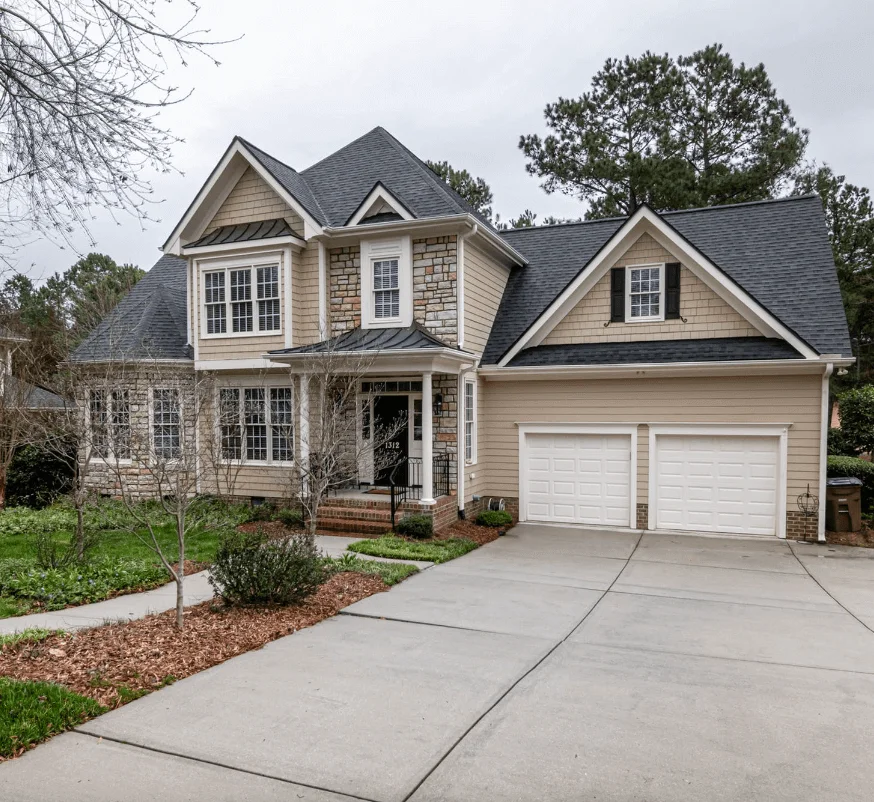 If you are one of those buyers who can’t afford to pay a sizeable down payment, don’t give up on homeownership just yet. Mortgage insurance is a tool that can help you achieve homeownership despite the lack of funds for a down.
If you are one of those buyers who can’t afford to pay a sizeable down payment, don’t give up on homeownership just yet. Mortgage insurance is a tool that can help you achieve homeownership despite the lack of funds for a down.
When you pay for mortgage insurance as part of your monthly payments, you can get a home with less than 20% down payment, even 3% in some instances.
Let’s unpack the two most common types of mortgage insurance: private mortgage insurance (PMI) and mortgage insurance premium (MIP).
What is PMI?
PMI is the insurance premium that you pay with conventional loans. It is required if you are applying for a loan with a down payment that’s less than 20%. You’ll pay a portion of your yearly premium as part of your monthly payments.
According to data from the Urban Institute, PMI rates range from 0.58% to 1.86%.
What is MIP?
MIP, on the other hand, is the insurance you pay with FHA loans. The FHA requires you to pay an upfront mortgage insurance premium as well as an annual premium payment. No matter how much you put down, a mortgage insurance premium is required on all FHA loans.
Your upfront payment amounts to 1.75% of the loan amount and can be rolled into your loan amount or paid upfront during closing, while the annual mortgage insurance premium is included in your monthly payments.
Benefits of PMI
Here are some of the benefits of paying for PMI:
-
Gives borrowers a chance to qualify for a loan with as little as 3% down payment.
-
Borrowers can pay less if they have a good credit score or put down a higher amount than the minimum, either 5% or 10%. Better PMI rates can be negotiated if you score 740 or higher.
-
PMI can be removed once you reach 20% equity
-
Standard monthly PMI doesn’t require an upfront premium during closing
Benefits of MIP
Here are the advantages when you pay for MIP:
-
FHA loans allow down payments as low as 3.5%
-
A great option for first-time home buyers who might have difficulty qualifying for a conventional loan due to low credit scores, low income, and high debt-to-income ratio
-
MIP rates are set and don’t fluctuate based on your credit score
Is PMI or MIP a good option for you?
One of the ways that lenders can offer low rates and low-down-payment loans is by minimizing risk whenever they can, and PMI and MIP provide that protection.
Choosing between paying for PMI or MIP would depend on which loan product makes the most sense for you either a conventional loan or FHA loan. The main difference between PMI and MIP is the loan products they are used for.
If you still can’t decide, ask our loan officers for advice. Get in touch for a free consultation today!